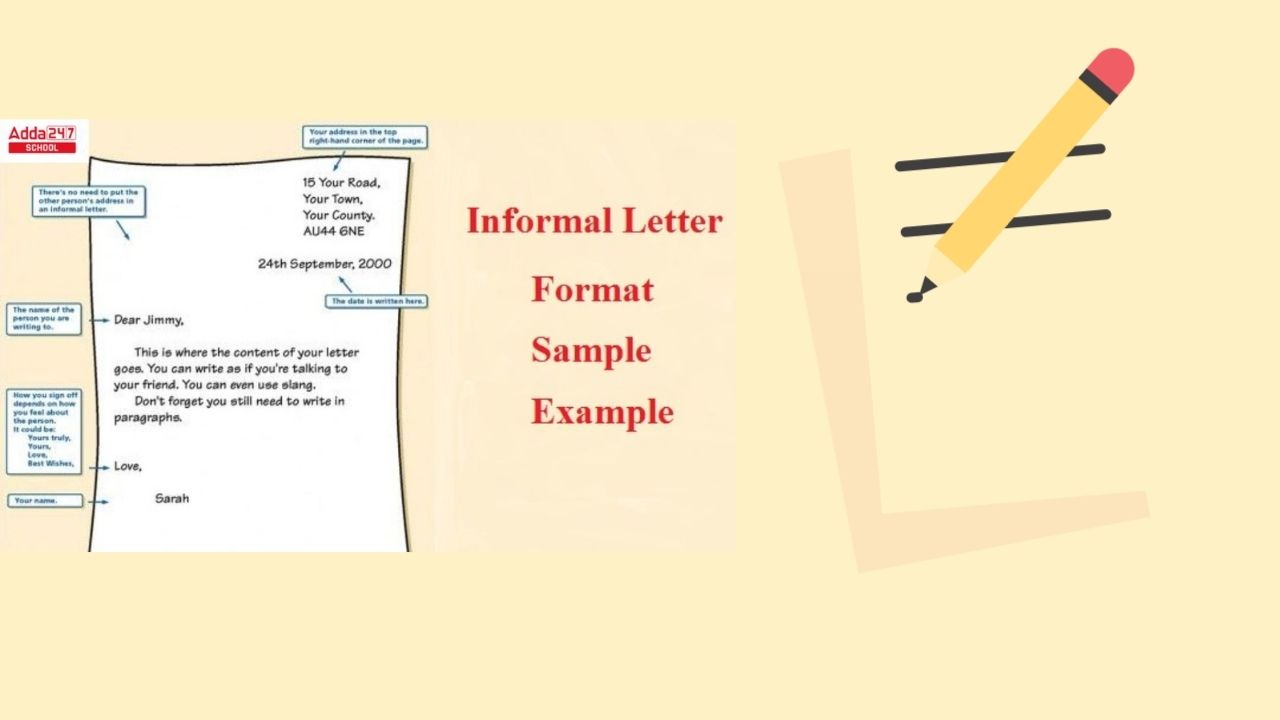The Graduate Management Admission Test (GMAT) is a type of test conducted for candidates seeking admission to graduate business programs, including MBA programs. Understanding the GMAT, its structure, qualifications, preparation strategies, and available GMAT study materials can significantly enhance your chances of achieving a competitive score. This guide will provide you with a detailed overview of all aspects related to the GMAT.
What is the GMAT?
The GMAT is a standardized test administered by the Graduate Management Admission Council (GMAC). It assesses analytical, writing, quantitative, verbal and reading skills, which are essential for success in graduate business education. The GMAT is recognized by thousands of business schools globally as part of their admissions process.
Key Features of the GMAT Test
- Purpose: To evaluate candidates’ readiness for graduate management programs.
- Format: Computer-based test (computer-adaptive test).
- Sections: Three main sections (Quantitative Reasoning, Verbal Reasoning and Data Insights).
GMAT Qualification Requirements
Eligibility Criteria
There are no specific educational qualifications required to take the GMAT coaching; however, candidates typically fit into the following categories:
| Category | Description |
| Undergraduate Students | Final-year undergraduate students seeking admission to MBA programs. |
| Working Professionals | Individuals with work experience looking to enhance their career prospects through further education. |
| Graduate Students | Candidates currently pursuing or planning to pursue advanced degrees in business or related fields. |
Minimum Age Requirement
- Age: Candidates must be at least 18 years old to register for the GMAT. If younger than 18, written permission from a parent or guardian is required.
GMAT Structure
The GMAT new structure consists of three sections, each designed to evaluate different skill sets. Here is a new and old edition discussed in this table below.
| Head | GMAT Old Edition | GMAT Focus Edition (Current) |
| Duration | 3 hours and 7 minutes | 2 hours and 15 minutes |
| Questions | Quant = 31 Questions (62 Minutes)Verbal = 36 Questions (65 minutes)IR = 12 Questions (30 Minutes)AWA = 1 Question (30 Minutes)Total = 80 Questions (3 Hours and 7 Minutes) | Quant = 21 Questions (45 Minutes)Verbal = 23 Questions (45 Minutes)Data Insights = 20 Questions (45 Minutes)Total = 64 Questions (2 Hours and 15 Minutes) |
| Breaks | 2 optional breaks of 8-minutes each | 1 optional break of 10 minutes |
A Comprehensive Breakdown
| GMAT Focus Edition Sections | No of Questions | Question types | Section duration |
| Verbal Reasoning | 23 | Reading Comprehension,Critical Reasoning | 45 minutes |
| Quantitative Reasoning | 21 | Problem Solving,(Algebra and Arithmetic) | 45 minutes |
| Data Insights | 20 | Data Sufficiency;Multi-source Reasoning;Table Analysis;Graphics Interpretation;Two-Part Analysis | 45 |
GMAT Scoring System
Total Scores for the GMAT Exam (Focus Edition) range from 205 to 805. Your GMAT Total Score is composed of the Quantitative Reasoning, Verbal Reasoning, and Data Insights sections of the exam. The contribution of each section score to Total Score is equally weighted across sections.
| Total Score Range | Composition | Standard Error of Measurements | Score Intervals |
| 60-90 | Quantitative Reasoning Score | 3 Points | 1 |
| 60-90 | Verbal Reasoning Score | 3 Points | 1 |
| 60-90 | Data Insights Score | 3 Points | 1 |
Your overall composite GMAT score is calculated by combining your subscores from the GMAT Quantitative Reasoning, Verbal Reasoning, and Data Insights sections. Each of those sections is reported on a scale from 60 to 90 points, and the composite score is graded on a scale of 205 to 805 points. You must also note that the GMAT Business Writing Assessment (BWA) 30-minutes proctored test is reintroduced in GMAT by GMAC (Graduate Management Admission Council) as an operational and separate component of the GMAT.
Score Interpretation
- Average GMAT Score: Generally falls between 545 to 605.
- Top Business Schools: Often look for scores above 645.
Preparing for the GMAT
Study Strategies
- Understand the Format: Familiarize yourself with the test structure, types of questions, and timing.
- Create a Study Plan: Allocate specific study times each week and set clear goals. A well-structured plan is key to staying on track.
- Utilize Quality Resources: Use official GMAT study guides, GMAT online coaching courses, and practice tests to reinforce learning.
Recommended Study Materials
To prepare effectively for the GMAT, it’s essential to use a combination of GMAT study materials:
| Resource Type | Examples |
| Official Guides | GMAT Official Guide, GMAT Official Practice Questions |
| Prep Books | Jamboree GMAT Study Material, GMAT self-paced online training at Jamboree India |
| GMAT Mock Tests | GMAT Mock Tests by Jamboree India |
| Practice Quiz | Take the GMAT Preparation and begin your Quiz with Jamboree India Online |
| Flashcards | Official GMAT Flashcards, Prep Flashcards |
| Online Testing Portal and Score Predictor | Take the actual GMAT test experience with testing conditions at Jamboree India |
Practice Regularly
- Full-Length Practice Tests: Taking full-length, timed practice tests is crucial for building stamina and familiarizing yourself with the test format. Aim for at least 2-3 full-length practice tests before the exam.
- Review Your Answers: Thoroughly review your answers to understand your mistakes and identify areas for improvement. Focus on both right and wrong answers to enhance your understanding.
Join Study Groups and Forums
Engaging with peers can enhance your preparation. Consider:
- Joining forums where you can ask questions, share resources, and receive support.
- Participating in GMAT coaching study groups to discuss difficult concepts and practice together. Collaborative learning can provide new insights and motivation.
Key Tips for Test Day Preparation
- Rest Well: Get a good night’s sleep before the exam to ensure you are well-rested and focused.
- Arrive Early: Plan to arrive at the testing center early to avoid any last-minute stress. Familiarize yourself with the location and the check-in process.
- Stay Calm: During the test, take deep breaths and maintain a positive mindset. If you encounter difficult questions, don’t dwell on them—move on and return if time allows.
Conclusion
The GMAT is a crucial step for candidates aiming to pursue graduate business education. Understanding the test structure, qualification requirements, and preparation strategies can significantly enhance your chances of achieving a high score.
By utilizing high-quality GMAT study materials and following a structured study plan, you can prepare effectively for the GMAT and position yourself for success in your future academic and career endeavors. For additional resources and GMAT coaching to enhance your GMAT preparation, consider exploring programs like those offered by Jamboree India, which provide expert guidance tailored to your needs. Visit Jamboree India GMAT Prep to learn more!
With the right GMAT study materials and support, you can achieve your desired GMAT score and take significant steps toward your academic and professional goals. Good luck!



